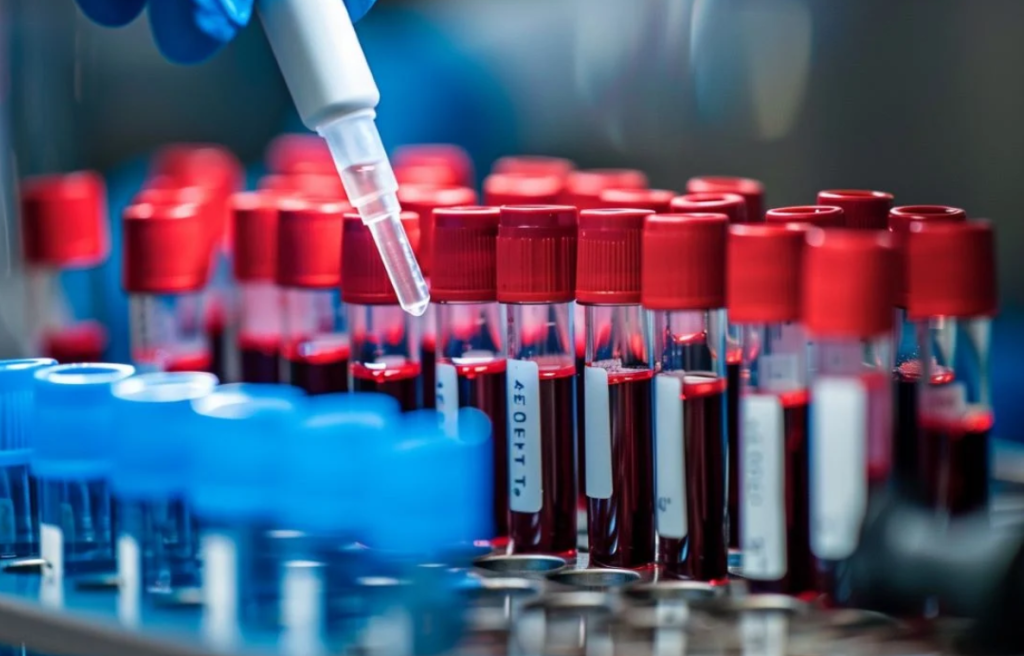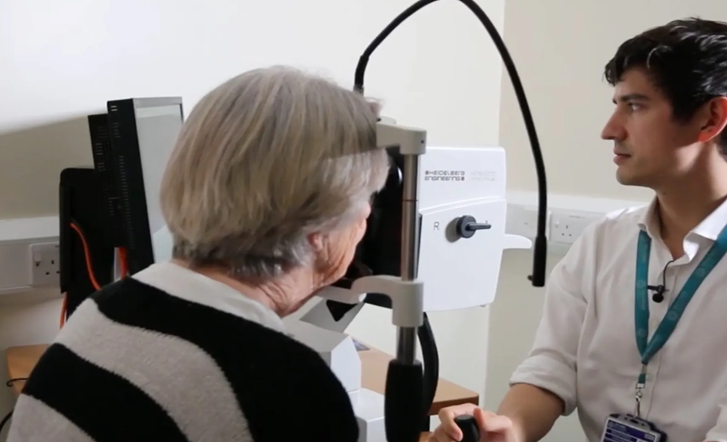Table of Contents
In a groundbreaking development, a cutting-edge AI blood test has emerged as a game-changer in the early detection of Parkinson’s disease. This innovative test can predict the onset of Parkinson’s a remarkable seven years before any symptoms manifest, marking a significant leap forward in neurodegenerative disease diagnosis. By analyzing specific proteins in the blood, researchers can identify individuals at risk for Parkinson’s several years in advance, offering the potential for early intervention and tailored treatment strategies.

The use of machine learning in analyzing blood-based biomarkers has shown remarkable accuracy, paving the way for a more precise and proactive approach to diagnosing Parkinson’s. With the promise of improved patient outcomes and enhanced treatment options, this pioneering research holds immense potential to revolutionize the landscape of Parkinson’s disease management.
The Need for Early Diagnosis
Early diagnosis of Parkinson’s disease is essential for timely intervention and effective treatment. Detecting the condition before visible symptoms appear allows for proactive management, potentially slowing disease progression or preventing its onset. Through innovative tools like the AI blood test, identifying individuals at risk several years in advance becomes possible. Early diagnosis not only preserves crucial brain cells but also enables tailored treatment strategies. Distinguishing Parkinson’s from similar conditions early on is vital for accurate diagnosis, emphasizing the importance of early detection in mitigating the impact of the disease.

The Role of Artificial Intelligence
Artificial Intelligence (AI) plays a pivotal role in revolutionizing the early diagnosis of Parkinson’s disease. By harnessing the power of machine learning algorithms, AI can analyze complex data patterns in blood samples to predict the onset of Parkinson’s several years before symptoms appear. This innovative approach enables healthcare professionals to identify individuals at risk and initiate targeted interventions promptly. The use of AI in analyzing biomarkers not only enhances the accuracy of diagnosis but also opens up new possibilities for personalized treatment strategies. With AI-driven diagnostics, the field of Parkinson’s disease management is witnessing a transformative shift towards proactive and precise healthcare interventions for better patient outcomes.
Enjoy Also: Revolutionizing Pet Care: The AI App CatsMe helps japanese pet owners monitor
Development of the Blood Test
The creation of the AI blood test for predicting Parkinson’s disease marks a significant advancement in medical diagnostics. By meticulously identifying and analyzing specific blood proteins associated with the condition, researchers have developed a cutting-edge tool that can forecast the onset of Parkinson’s several years before symptoms appear. Through the integration of advanced machine learning techniques, this innovative test has been refined to enhance accuracy in early disease detection. The collaborative efforts of experts in neurology and technology have culminated in a promising development that holds great potential for revolutionizing Parkinson’s disease diagnosis and treatment.

Accuracy and Effectiveness
The AI blood test for predicting Parkinson’s disease has exhibited remarkable accuracy and effectiveness in early diagnosis. By analyzing specific blood-based biomarkers with machine learning, the test has achieved a perfect 100% accuracy rate in identifying individuals with Parkinson’s. This high level of precision enables the detection of the condition years before symptoms emerge, facilitating timely intervention and tailored treatment approaches. The test’s ability to reliably differentiate Parkinson’s from other conditions underscores its importance in enhancing patient care and treatment outcomes.
Implications for Treatment
The innovative AI blood test for predicting Parkinson’s disease carries significant implications for treatment strategies. By enabling early detection of the condition, healthcare providers can initiate interventions at a stage where therapies may be more effective in slowing disease progression or even preventing symptom onset. The test’s ability to identify individuals at risk several years in advance opens up opportunities for personalized treatment approaches tailored to each patient’s specific needs. This proactive approach to Parkinson’s management holds promise for improving treatment outcomes, enhancing patient care, and advancing towards more targeted and impactful therapeutic interventions.
Future Prospects and Integration into Healthcare
The AI blood test’s future integration into healthcare systems shows promise, given its high accuracy in early Parkinson’s disease diagnosis. This innovative tool could transform Parkinson’s management by offering proactive treatment approaches. By identifying individuals at risk before symptoms emerge, personalized interventions can be implemented, potentially enhancing patient outcomes. The envisioned incorporation of this AI-driven blood test into routine clinical practices holds significant potential for advancing the early detection and treatment of Parkinson’s disease across healthcare settings.
What is the accuracy rate of the AI blood test in diagnosing Parkinson’s?
The AI blood test has shown a remarkable 100% accuracy rate in diagnosing Parkinson’s disease, demonstrating its effectiveness in early disease detection.
Can the AI blood test differentiate Parkinson’s from other conditions?
Yes, the test can reliably distinguish Parkinson’s disease from other conditions with similar early symptoms, enhancing diagnostic accuracy.
How does the AI blood test predict Parkinson’s disease years in advance?
The AI blood test analyzes specific proteins in the blood associated with Parkinson’s disease using machine learning algorithms to identify individuals at risk several years before symptoms appear.
